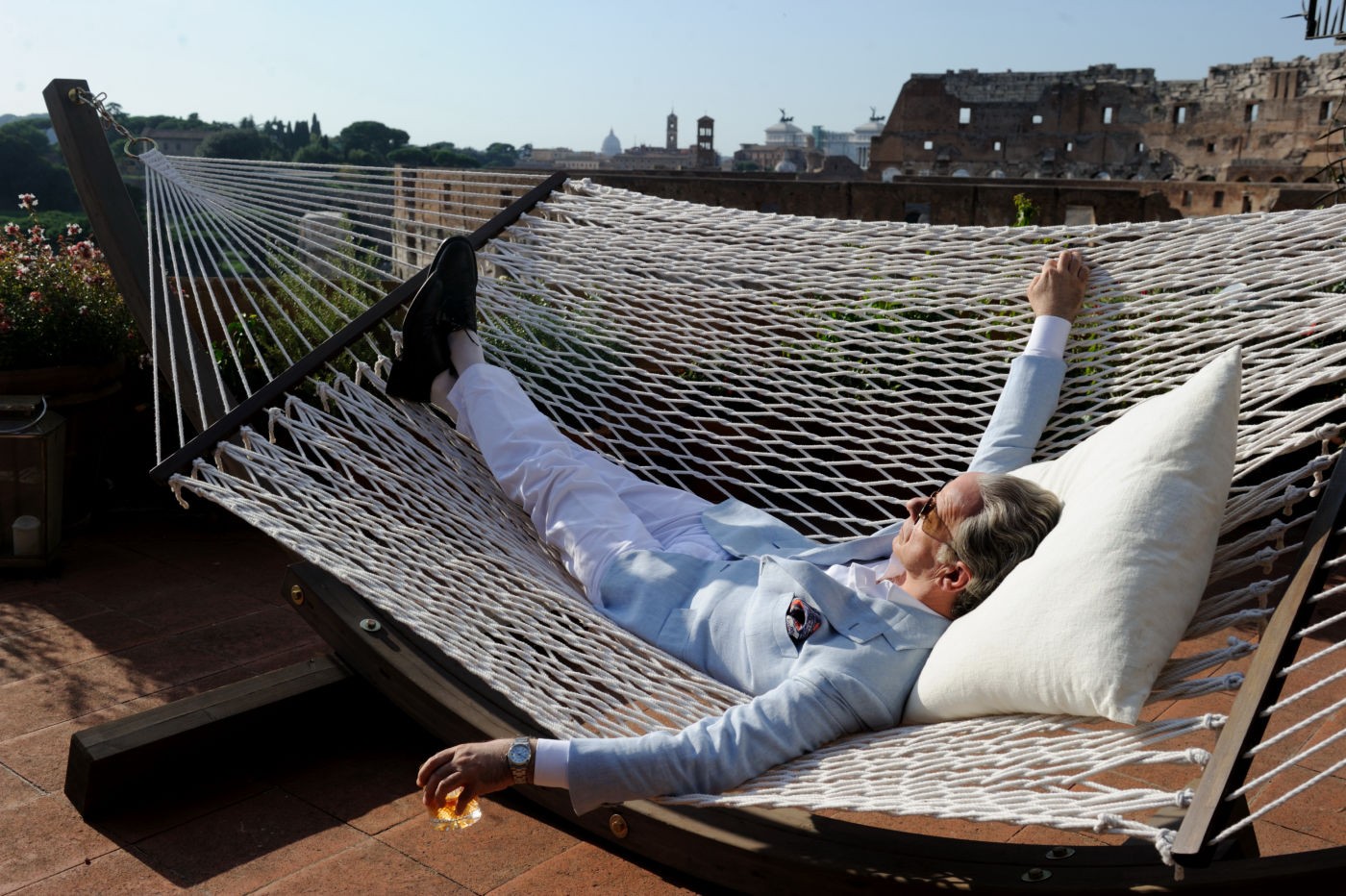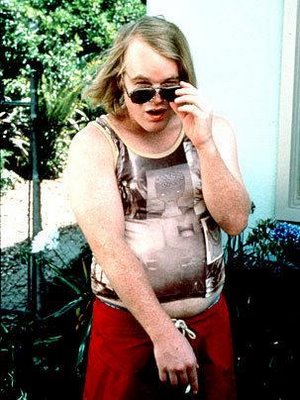If you're the rare individual who is rationing out this series and haven't yet completed it, then I must warn you that this post will reveal "spoilers" and you should probably not be searching out any more House of Cards discussions until you're up to date. For the rest of us, we must address the pertinent and unavoidable question: how does this season compare to the first?
I'll say it exceeded the debut season in terms of focusing on the show's main underlying theme - the sacrifice and cost of gaining power. We already knew that Frank Underwood stops at nothing as he continues his blood-splattered march to the Oval Office, but taking out reporter Zoe Barnes - his former lover - in the first episode was a harsh reminder of his moral-free determination.
While Barnes was Frank's pawn in the first season, President Walker takes over that role in the second. Almost every interaction between the two ends with Frank successfully manipulating the President. Scene after scene, he pledges his loyalty and respect to the Commander and Chief, offering to jump in front of a political bullet for him, all the while shooting us knowing glances as if to say: "can you believe this gullible fool?" By mid-season you feel that Walker's fate is sealed.
Another reason why I enjoyed this season more was the addition of Molly Parker, who Canadians should recognize from a long resume of independent films such as Wonderland and Kissed. The B.C. native plays the unflappable Jackie Sharp, a military veteran and Frank's successor as congressional whip. There are moments when you think she'll take on Frank, but eventually she succumbs to his poison-dipped promises.
Frank's only true adversary this season is billionaire mid-westerner Raymond Tusk. The two start out sparring over the President's attention, but soon it's an all-out war that ends with Tusk giving testimony in a hearing that eventually sinks Walker and ostensibly paves Frank's road to his ultimate goal. Will Frank's winning streak ever be snapped?
The season ends with a glimpse of problems to come for Frank. The death of his henchman/Chief of Staff Doug Stamper signals a loose end that Frank will have to tie up, meaning Rachel Posner - the young sex worker they used to frame Peter Russo in Season 1 - is in immediate danger. It will be interesting to see how he goes about "eliminating" problems next season as President. No more rendezvous on subway platforms.
For me the most powerful scene of Season 2 belonged to Claire Underwood. I spoke of the sacrifices and costs of the Underwoods' quest for power; nothing epitomized this more than Claire's breakdown on the staircase after talking with the first lady over the phone. Usually she shows steely reserve, but this moment accentuated the lying, manipulation and resulting isolation of her actions. It's a rare moment of humanity from the Underwoods. And it doesn't last. Soon after she is ripping on Frank to stay the course and not put their goals in jeopardy.
A subplot that didn't work for me was the "hacker" Gavin Orsay. Apparently the writers couldn't think of a way to make this character interesting, so in place of decent dialogue he is given a guinea pig to constantly play with and terrible taste in music. It's unclear where he stands for season 3 since he was attempting to blackmail the now-dead Stamper. Still, he knows about the plot to get rid of journalist Lucas Goodwin, so there's potential for him to be a problem for Frank.
And I guess that's what I'm looking forward to for Season 3 - problems for Frank. Despite some damaging shots to Claire's character and his tussles with Tusk, Underwood never seemed truly challenged in Season 2. Everyone was a piece on his model army playground and the outcome never felt in doubt. However, if obtaining the presidency is, metaphorically speaking, adding that last card to the teetering house, then we know what must inevitably happen next.






